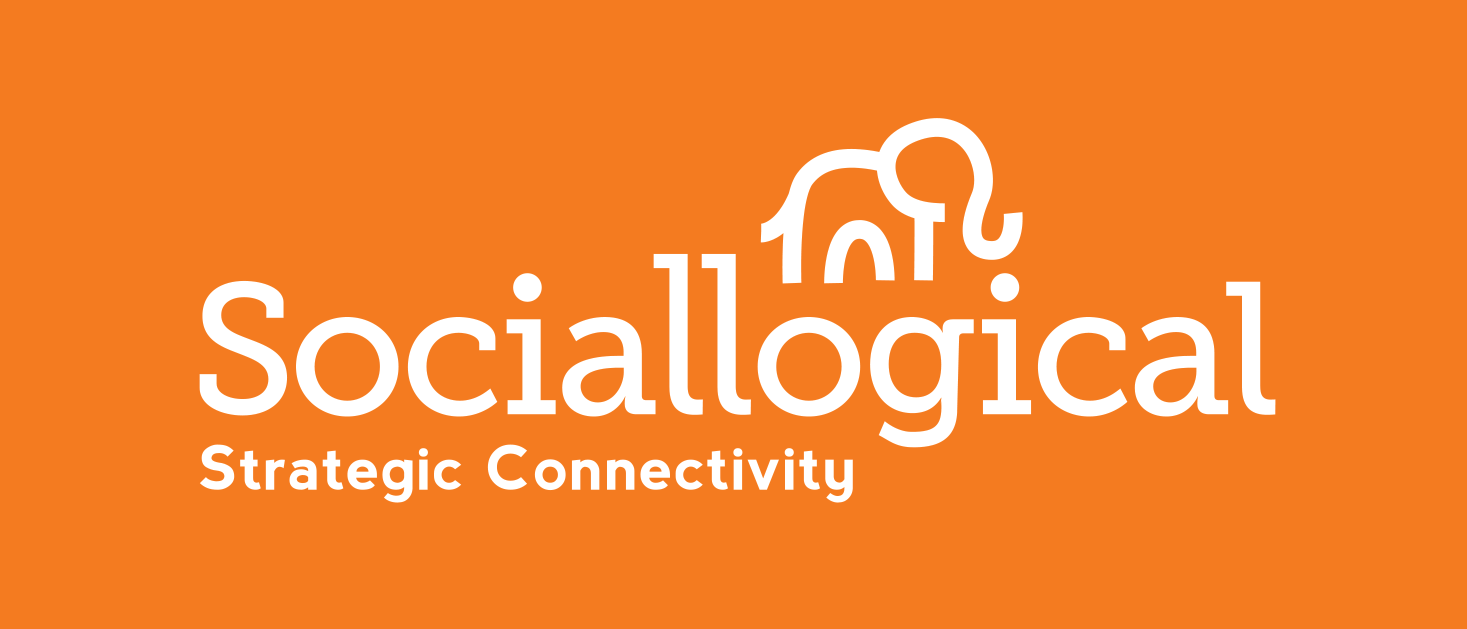 Scenario: You're meeting a friend for dinner in an unfamiliar city. They ask you to choose a place. You don't really have time to sift through online reviews; they can be unreliable, even fabricated. So, when you have a free moment, you log into Foursquare. You search restaurants and explore what people (maybe your own friends) are saying about different stops. It doesn't take long; you find the ideal spot, save it to a list and carry on with your day. You can relax knowing your friend will (likely) approve.
Scenario: You're meeting a friend for dinner in an unfamiliar city. They ask you to choose a place. You don't really have time to sift through online reviews; they can be unreliable, even fabricated. So, when you have a free moment, you log into Foursquare. You search restaurants and explore what people (maybe your own friends) are saying about different stops. It doesn't take long; you find the ideal spot, save it to a list and carry on with your day. You can relax knowing your friend will (likely) approve.
This whole notion of "checking in" and applications that track our location (Gowalla is another example) is still emerging, relatively new to our society. Many are slow to warm up to the idea of social media at all; maps and location add a whole other dimension to the experience.
Reviews From People You Trust
On Foursquare we leave "tips" which help out future visitors at any given location. We can feel good knowing the reviews come from REAL people, with bios, and linked accounts. Many of them will come from our own friends.
There's something to be said here: it's another example of how traditional "word of mouth" has been replaced. Of course, there are endless review sites online. But, it's not always clear who's writing them. In many cases, it's easy to pose or "astroturf," writing calculated reviews with a secret agenda.
Most people are on Foursquare to connect and share their favourite places with friends and their community. And maybe have a little fun while they're at it.
Love it or Leave it
In my research I've encountered a trend: reviewers fall into one of two categories: early adopters who love Foursquare, and those who don't see it's value at all. To further my point, here are good examples of arguments for and against adopting the application.
A blog post by David Pierce explains the advantages of this media tool well. While the linked review site is no longer active, Pierce is now a Reviews Editor at The Verge, a prominent technology news source.
This post opposes the former. The author is a Senior Brand Planner at SapientNitro, an established marketing and technology services firm in Boston. He argues that most check-ins are of little value to our audience. No one cares when we're at the gym or sitting in our office. He says the application isn't used widely enough for the tips to be resourceful in catering to our tastes.
But, as Pierce explains, Foursquare doesn't just give us a list of check-ins. It notifies us if a friend is nearby. It also plays on our natural competitive sides with its points system, making it a place to have fun.
It's usefulness is entirely subjective. It depends fully on whose opinion you value, and how many people in your social circles are using the application. The technology will evolve and it may even become recognized under a new name, but in the future its purpose will only become clearer as the world grows social. How many of your friends are on Foursquare?
